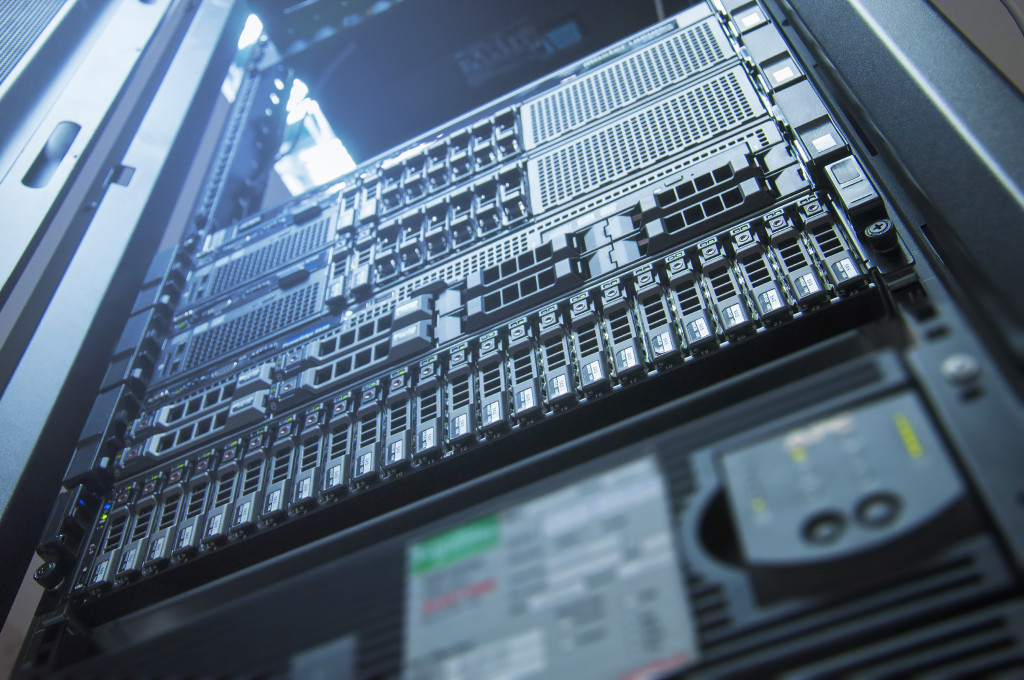For every type of business, information is a resource that should be kept with the utmost attention, care, and security. Information, especially sensitive personal information and confidential company files, is considered an important asset that will help companies earn more through services and potential investors. But business owners will still need to account for events that might be detrimental to the business.
Like most things in life, there are two things that every business should be vigilant of:
- Human-made threats — There will be individuals who will have malicious intent towards you and your business. Some human-made risks include robberies, hacking incidents, cyber-attacks, and identity theft.
- Natural disasters — Flooding, storms, seismic activity, and tsunamis can leave lasting destruction to property. Businesses will have to spend thousands of dollars on reparation if this is the case.
Typically, most people will tighten their security because of the first factor since individuals will specifically target your information for their benefit. But we also have to keep in mind that natural disasters can also be a problem, not just for buildings, the safety of individuals, and their livelihoods but also for information being stored in servers.
If we compare human-made threats to natural disasters, it’s easier to predict cyberattacks, robberies, and other types of crimes since there is security equipment that is in place. On the other hand, damage from natural disasters like earthquakes, landslides, and hurricanes are harder to prevent. That is especially true since there is little to no equipment that can predict seismic activity. Although there are early warning systems in place for something like storms and severe weather conditions, it might take up a fair amount of resources to prefer for such events; nature is quite unpredictable and destructive at the same time.
Since it’s harder to relocate equipment, tools, and any physical asset, what’s a better way of safely protecting something as important as information? Most people might think that uploading files to a “clouds” network might make valuable files and data is the only step you can take when backing up files, but there are more ways to ensure that critical information is kept safe.
No worries, there are various ways of backing up your information in case of emergencies and crisis. What are some known ways of backing up, and if ever, recovering information?
Crisis Intervention and the Right Software
Most IT experts and business owners will use both backing and disaster recovery software in tandem with other backup software so that important information can still be utilized for business continuity.
When it comes to medical emergencies, certain authorities and rapid response teams will usually use a crisis intervention software known for rapidly notifying authorities regarding different types of emergencies and crises. With the incorporation of cloud computing, data can be seamlessly streamlined from one mobile device to another. That gives authorities much-needed responsive information for natural disasters and emergencies.
Disaster Recovery
One of the most effective ways of protecting your organization from cyber attacks, hacking incidents, and data leakage is through having a disaster recovery plan. Whether it’s man-made or natural disasters, disaster recovery plans are a tried and tested way of protecting crucial business assets.
Cloud Disaster Recovery

Damage to “physical” servers because of natural disasters such as flooding and earthquakes can easily lead to data loss. One of the best ways of circumventing water and physical damage to these servers is backing data on cloud servers. As the name suggests, maintaining copies in cloud storage can add more security measures and options.
It’s important to note that backing up data is only the first chapter in technological innovations, and there’s going to be even more ways of maintaining business continuity, even in the face of problems.
In summary, there are different ways of backing up information and ensuring that they are safely stored for future use. Information and data are cornerstones for your business development and should always be stored and backed up in different manners.
It’s important to note that business owners should not just focus on a single type of disaster from happening. There are bound to be different factors that can result in the loss of data. It’s only appropriate to keep our eyes peeled on different ways of innovating cybersecurity and data loss prevention.
Although you might need to spend some of these types of recovery plans, it is necessary. It’s better to pay a few hundred dollars for essential software rather than having to have to spend thousands — if not — millions of dollars in repairs and damages from data being lost.


